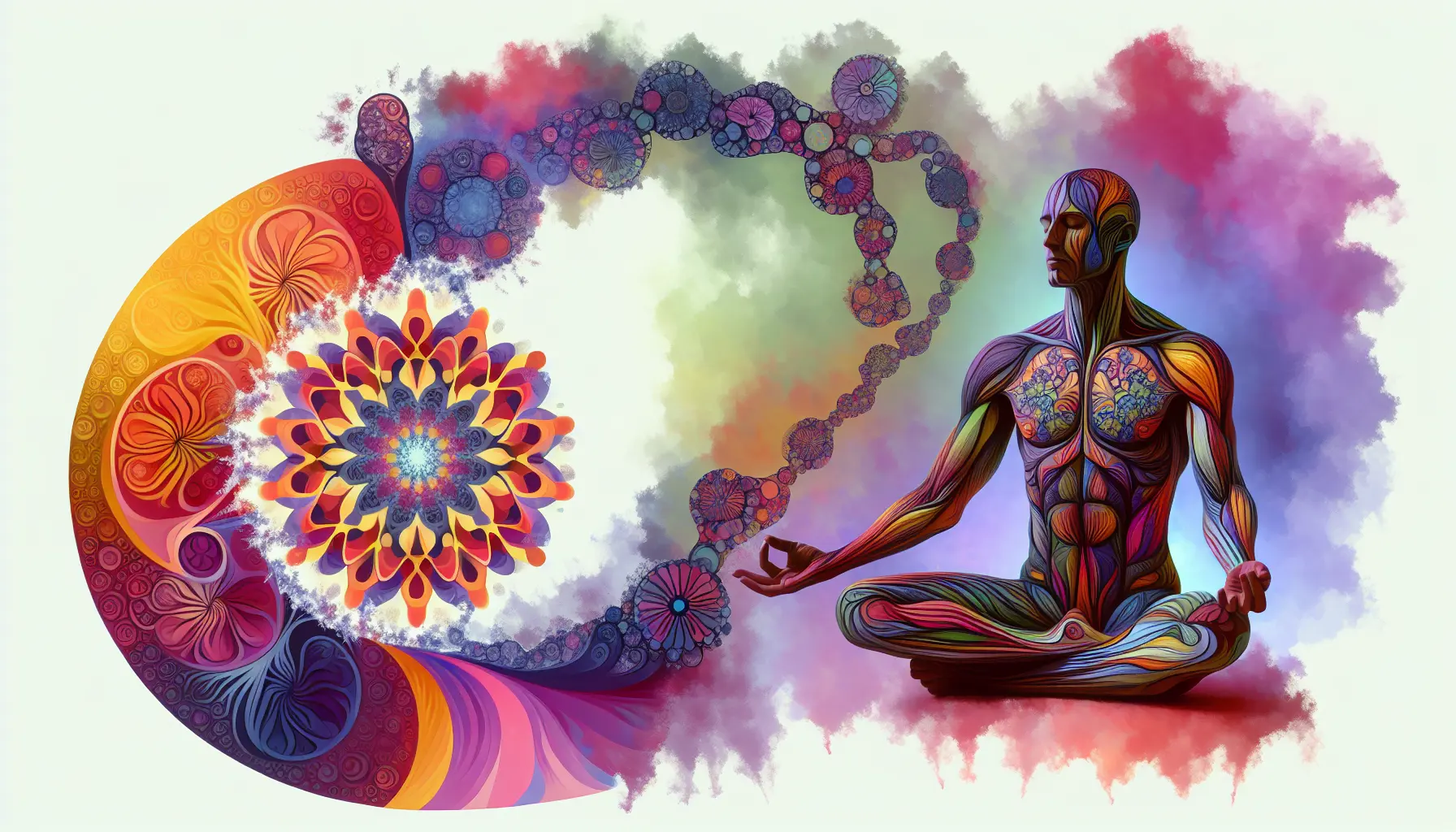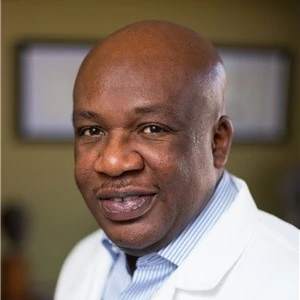
Understanding Psychedelic Therapy
Psychedelic therapy involves the controlled use of substances like psilocybin, DMT, peyote, ayahuasca, ibogaine, ketamine, MDMA, & LSD.
To facilitate deep psychological insights & emotional healing. Clinical research demonstrates the potential of psychedelics to treat mental health conditions including[1][2]:
- depression
- anxiety
- PTSD
- substance use disorders
Benefits
By promoting neuroplasticity & altering consciousness. In a way that can lead to significant therapeutic breakthroughs. Psychedelic therapy typically involves one to a few dosing sessions. In conjunction with psychotherapy sessions. These substances induce altered states of consciousness that can lead to[7][8]:
Rapid Symptom Relief
Psychedelic therapy often produces quick & lasting improvements in symptoms. Unlike many traditional treatments that can take weeks to become effective.
Enhanced Self-awareness & /Emotional Processing
Patients often report increased self-awareness & emotional processing. Which is critical for long-term psychological health.
Reduction in Treatment-Resistant Symptoms
Psychedelic therapy has been particularly effective in treating symptoms. That has not responded to other treatment modalities.
Mechanisms of Action
The therapeutic effects of psychedelics stem from altering brain function. Research suggests that psychedelics disrupt the default mode network (DMN). A brain network associated with self-referential thoughts & the ego. This disruption increases brain connectivity & plasticity. Allowing patients to break free from rigid patterns of thought & behavior[9][10].
Psychedelics enhance emotional openness & introspection. Which can lead to profound insights & emotional catharsis during therapy sessions. This can be particularly beneficial for patients dealing with deeply rooted psychological issues[7][8].
Enhanced Cognitive Flexibility
Psychedelics such as psilocybin & LSD temporarily disrupt the brain's default mode network (DMN). Which is involved in self-referential thoughts & maintaining one's sense of ego or identity[9]. By reducing the activity of the DMN, psychedelics increase cognitive flexibility. Allowing individuals to think in more creative & less rigid ways. This can lead to new insights into personal & interpersonal issues. Which are often inaccessible under normal states of consciousness.
Increased Emotional Connectivity
Psychedelics can enhance emotional connectivity & empathy. Making it easier for individuals to access & process emotions linked to their problems[9][13]. This emotional processing can lead to a more profound understanding of the root causes of their issues. And foster a greater sense of connection with others. Which is often therapeutic.
Shift in Perspective
Altered states of consciousness can lead to experiences described as mystical or transcendent. These experiences can change the way individuals perceive their problems, including[14][15]:
- reducing the perceived magnitude of issues
- enhancing their sense of meaning & purpose in life
Such shifts can be particularly beneficial for individuals dealing with existential distress. Or those who feel stuck in negative thought cycles.
Clinical Research & Evidence
Recent studies show promising results for psychedelic therapy. In treating various mental health conditions. Research on psilocybin has demonstrated significant improvements in symptoms of depression & anxiety. Particularly in individuals with life-threatening cancer. Highlighting its potential to alleviate existential distress[7][11]. MDMA-assisted therapy has shown efficacy in treating PTSD. With patients experiencing considerable reductions in symptoms after just a few sessions[8][12].
Clinical trials have recognized the safety & efficacy of these treatments. Leading to breakthrough therapy designations by the FDA for psilocybin & MDMA. For specific conditions. This designation expedites the development & review of drugs. That shows the potential to improve treatment for serious conditions[7][8].
Depression & Anxiety
Patients often report reductions in symptoms of depression & anxiety following psychedelic therapy. As they are able to view their life's challenges from a broader, more detached perspective. This can diminish the overwhelming nature of such challenges. And increase individuals' confidence in their ability to overcome them[9][14].
PTSD
Psychedelic therapy can help individuals with PTSD reframe & process traumatic memories. In a safe & controlled environment. Psychedelic-altered perception can reduce the emotional impact of traumatic memories. Making them less distressing & easier to integrate[13].
Addiction
Psychedelic therapy can help individuals understand the underlying emotional & psychological drivers. Of addictive behaviors. By altering their perception of these problems. Individuals may find new motivations & pathways to recovery. That was previously obscured by habitual patterns of behavior[13][15].
Exercise Therapy: Enhancing Physical & Mental Health
Exercise therapy encompasses structured physical activities designed to achieve specific health outcomes. Beyond its physical benefits, exercise is known to[3]:
- improve mood
- reduce anxiety
- depression symptoms
- enhance cognitive function
Making it a valuable tool for mental health management.
Synergistic Effects of Psychedelics & Exercise
Anecdotal evidence & preliminary research. It suggests that combining psychedelics with exercise amplifies the benefits of both therapies. Psychedelics increase mindfulness, sensory perception, & appreciation of the natural world. Which could enhance the enjoyment & psychological benefits of exercise. The mood-lifting & neuroplastic effects of psychedelics may complement the endorphin release & cognitive benefits. Associated with regular physical activity. Leading to improved exercise performance & greater overall well-being[4][5].
Potential Benefits & Considerations
Psychedelics with exercise therapy address both mental & physical health. Benefits include[2][6]:
- enhanced exercise motivation
- improved mood & mental health
- increased creativity & problem-solving during physical activities
- deeper, more meaningful engagement with exercise routines
This approach also presents challenges & considerations. Significant barriers include:
- the legal status of psychedelics
- variability in individual responses to these substances
- the need for professional guidance to safely navigate psychedelic experiences
Psychedelic Therapy with Peak Existence
Holistic Healing
Dr. Emenike treats the root causes of ailments with treating symptoms. Combining exercise & psychedelic therapy addresses mental, emotional, & physical health. Promoting a truly holistic healing experience
Safe & Professional Environment
Dr. Emenike ensures a safe & controlled environment for your psychedelic sessions. Dr. Emenike is a licensed medical professional. Adhering to medical best practices & ethical standards. Prioritizing patient well-being.
Personalized Treatment Plans
Dr. Manny Emenike tailors treatment plans to suit each patient’s:
- unique needs
- medical history
- therapeutic goals
Dr. Emenike maintains a patient-centric approach, emphasizing collaboration & understanding.
Cutting-edge Research
Dr. Emenike continually integrates evidence-based research & best practices into his treatment protocols. Offering patients the most effective & up to date care. Dr. Emenike's brings expert discresion with avid interest in the latest scientific advancements. Bringing the best up-to-date care to you.
- Psychedelic treatments for mental health: Is there substance behind the hype?
- Psychedelic Therapy—A New Paradigm of Care for Mental Health
- Effects of Drugs on Exercise Performance
- Do Pyschedelics Improve Athletic Performance?
- Psychedelics: Overlooked Clinical Tools with Unexplored Ergogenic Potential
- Psychedelics and health behaviour change
- Psychedelic therapy (Wikipedia)
- Psychedelic Therapy Is Having a Moment — Here’s What You Need to Know
- The Emerging Field of Psychedelic Psychotherapy
- How Do Psychedelic Treatments Work?
- Psychedelic-Assisted Psychotherapy—A Systematic Review of Associated Psychological Interventions
- Psychedelics May Be Part of U.S. Medicine Sooner Than You Think
- Psychedelic medicine: a re-emerging therapeutic paradigm
- The Subjective Effects of Psychedelics Are Necessary for Their Enduring Therapeutic Effects
- What are psychedelics and what can they do?
